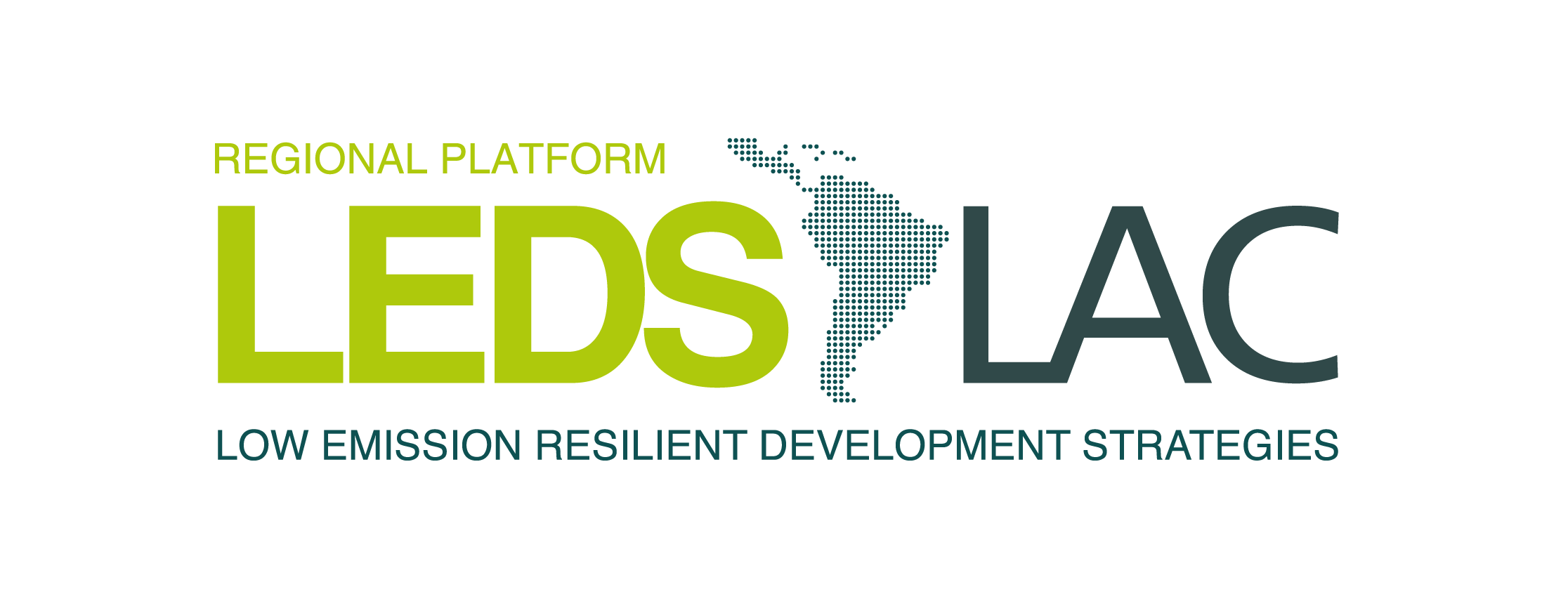VIDEO
Day: Thursday, December 10thTime: 9- 10:30 am (CST)
Agenda
Introduction. Ana María Majano. Coordinator of the LEDS LAC Secretariat, INCAE Business School.
Link between gender, energy access and mitigation.
Jackie Siles. Global Gender Office, International Union for Conservation of Nature (IUCN).
Creating conditions for gender equity in public rural electrification projects: the experience of the Nicaragua Electrification Project (PELNICA). Irma Gutiérrez. Gender Specialist, Electrification Project of Nicaragua (PELNICA).
Experience of gender inclusion in the implementation of the Batzchocola community micro hydroelectric power plant, Nebaj, Quiche, Guatemala. Mario Guadalupe Hernández Jiménez. Executive Director, Asociación para el Desarrollo Rijatz'ul Q'ij (Semilla de Sol).
About the webinar
Women and men play different roles as both users and managers of energy systems. Women are often a disadvantaged group whose energy needs are not adequately addressed and whose full integration as participants in policy design and active players in projects is still a challenge for energy planning. Therefore, an energy project or policy that incorporates a gender perspective would benefit women and men equally by recognizing their differentiated energy needs. The integration of gender considerations tends to increase the efficiency of energy projects and policies in which they have been integrated, as this process helps to identify barriers to implementation as well as potential benefits such as reduced emissions and increased resilience to climate change.
This webinar provided information on the importance of linking gender and energy access, the inclusion of gender in energy demand, some examples of women's participation in the energy value chain and information resources available online. In addition, two case studies were presented linking gender and energy access projects: In the first case, what happened in PELNICA, a rural electrification project by grid extension, which implemented a Rural Development and Gender Equality Strategy (DRIG), was described. In the second case, the experience of gender inclusion in the implementation of the Batzchocolá community micro-hydroelectric power plant in Nebaj, Quiché, Guatemala was developed.
The webinar was conducted in Spanish.
If you have any questions about this event, please contact the LEDS LAC Platform Secretariat: info@ledslac.org
About the exhibitors
Jackie Siles. Global Gender Office, International Union for Conservation of Nature (IUCN).
Agricultural engineer with a Master's degree in Natural Resources Management. She has more than fifteen years of experience in projects on gender and environment in organizations such as CARE, IUCN, Wetlands International and CATIE, regional organizations, local and national governments, Ministries of environment, energy and agriculture, women's and indigenous organizations in areas such as watershed management, community participation, organic agriculture, gender and social aspects. She is currently coordinating the initiative "Women as leaders and agents of change in the energy sector in Central America.
Irma Gutierrez. Gender Specialist. Electrification Project of Nicaragua (PELNICA).
Degree in Social Work and Law. In 2009 she graduated from the Master in Gender and Development Perspectives. Since 1995, she has participated in activities that integrate the gender perspective. She currently works as a Gender Specialist for the Electrification Project of Nicaragua (PELNICA).
Mario Guadalupe Hernández Jiménez. Executive Director of the Association for the Development of Rijatz'ul Q'ij (Seed of the Sun)
Sociologist, Universidad de San Carlos de Guatemala; Plant Technician, Universidad Rafael Landivar, Guatemala. Studies in Environmental Sociology, FLACSO, Specialization in micro and mini hydroelectric plants, ITDG CEDECAP, Peru; Diploma in Management for Environmental Sustainability and Project Formulation and Evaluation, INCAE, Costa Rica, Diploma in Evaluation of Development Projects, ICAP, Costa Rica.
